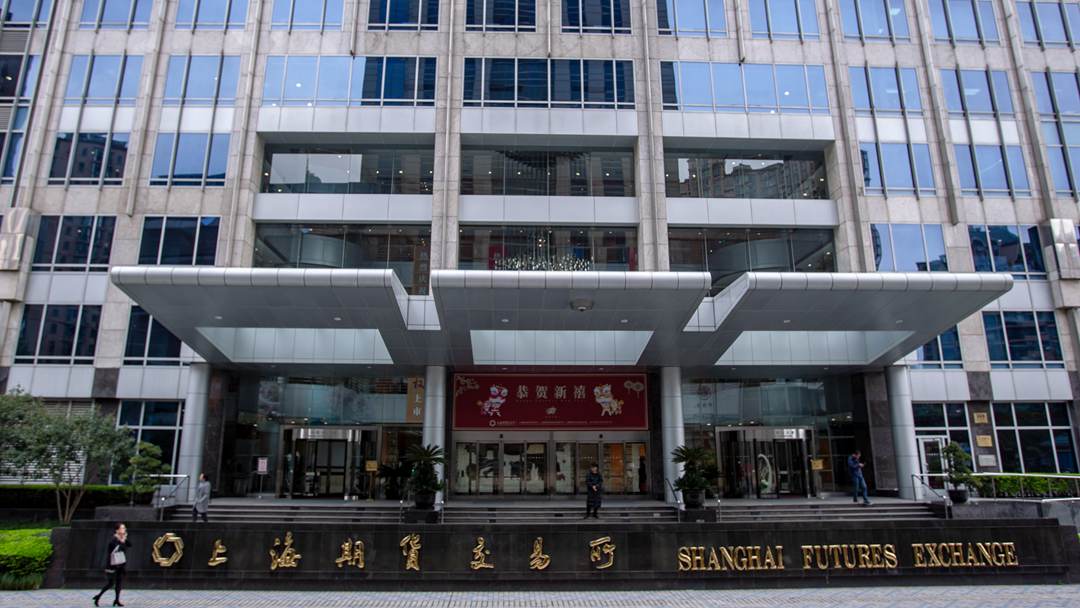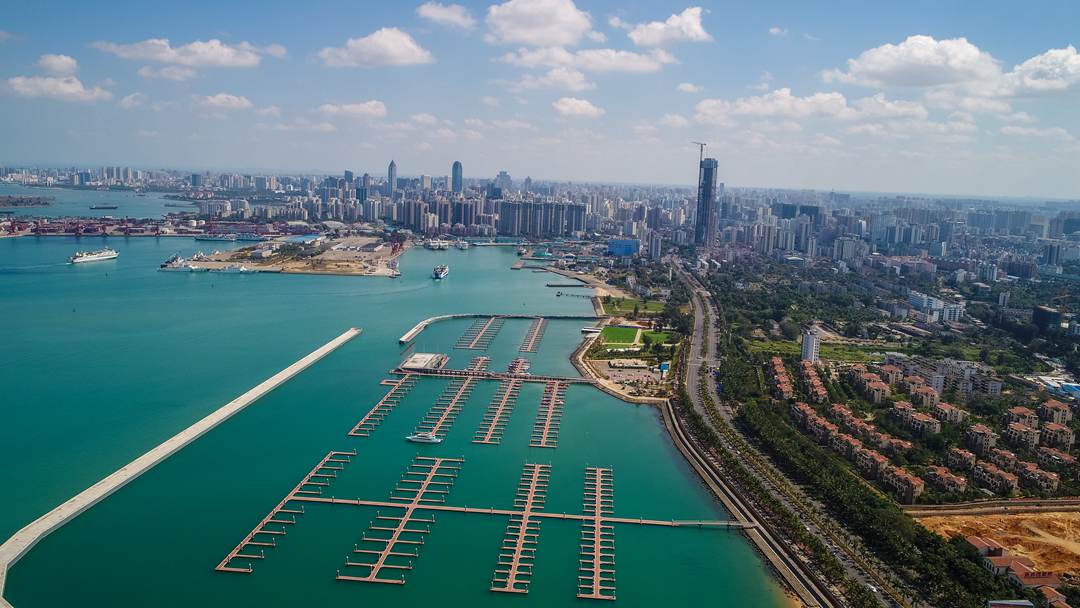Abstract : China is set to speed up the establishment of a futures law and a Hainan free trade port law to promote high-quality economic development, according to the revised annual legislative work plan of the National People's Congress Standing Committee that was made public on Saturday.
China is set to speed up the establishment of a futures law and a Hainan free trade port law to promote high-quality economic development, according to the revised annual legislative work plan of the National People’s Congress Standing Committee that was made public on Saturday.
The futures market has become the only field in the financial market that lacks legal regulations and analysts say a modern regulatory framework will allow it to better serve the real economy.
With the release of the master plan for the Hainan free trade port (FTP), the actual formulation of laws and regulations based on the construction of a world-class FTP has attracted wide public attention.
— Futures law

At China’s “Two Sessions” this year, Liu Lei, a deputy to the National People’s Congress and director of the securities regulatory bureau in Liaoning, said the demand for the law in the futures market has become stronger, with the in-depth development of the futures market and the acceleration of China’s opening-up to the outside world.
The new securities law implemented this year actually has deleted the management methods of contract-type products (such as stock index futures) among securities derivatives and showed that relevant methods will be included in the adjustment of the futures law.
In order to coordinate with the new securities law, Liu suggested that the legislative process of the futures law should be accelerated to solidify the development of the country’s futures market and provide legal protection for the stable and healthy development of the market.
“All sectors of the society have reached a consensus on the necessity and urgency of legislation on the futures law,” said Hu Yuyue, director of Securities and Futures Institute of Beijing Technology and Business University. Hu added that the introduction of the futures law as soon as possible is conducive to pricing and hedging risk in the futures market.
The current regulations on futures trading focus on commodity futures trading on exchanges and are less involved in financial futures, futures options, the opening-up of the futures market and over-the-counter derivatives trading.
After nearly 30 years of development, the scale and operating efficiency of China’s futures market have improved significantly, but there are still gaps compared with mature foreign markets, said Wang Yang, manager of the financial futures department of Shenyin & Wanguo Futures Research Institute. Wang explained that it was because the basic mechanism of the market is not perfect, for example, the basic laws of the market have not yet been introduced.
— Hainan FTP law

Haikou in south China’s Hainan Province. /VCG
China has been accelerating the establishment of the Hainan FTP law since the country announced the construction of an FTP in Hainan in 2018. The FTP is currently a special economic function zone with the highest level of opening-up. It is necessary to protect system innovation through a legal system that connects to international rules.
The construction of the Hainan FTP has started, but the legislative supply is difficult to fully meet the legislative needs of Hainan to benchmark international advanced practices and create a modern economic system at a higher starting point, said Ding Duo, an assistant researcher at the Research Centre for Oceans Law and Policy of the National Institute for South China Sea Studies.
Ding believes that it is urgent to introduce the FTP law to play a leading role in the construction of a vibrant and orderly FTP. The window phase in the next two to three years should be seized to accelerate the pace of legislation, Ding said.
Developed countries generally adopt the legislation first and then establish the port. Although the pace of legislation and port construction in some developing countries or regions is not exactly the same, they have in general established the law in a relatively short period of time.
Source:CGTN
About Xinhua Silk Road
Xinhua Silk Road (en.imsilkroad.com) is the Belt and Road Initiative (BRI) portal. China’s silk road economic belt and the 21st century maritime silk road website, include BRI Policy, BRI Trade, BRI Investment, Belt and Road weekly, Know Belt and Road, and the integrated information services for the Belt and Road Initiative (BRI).
Source: China speeds up establishment of futures law, Hainan FTP law
Comments
Post a Comment